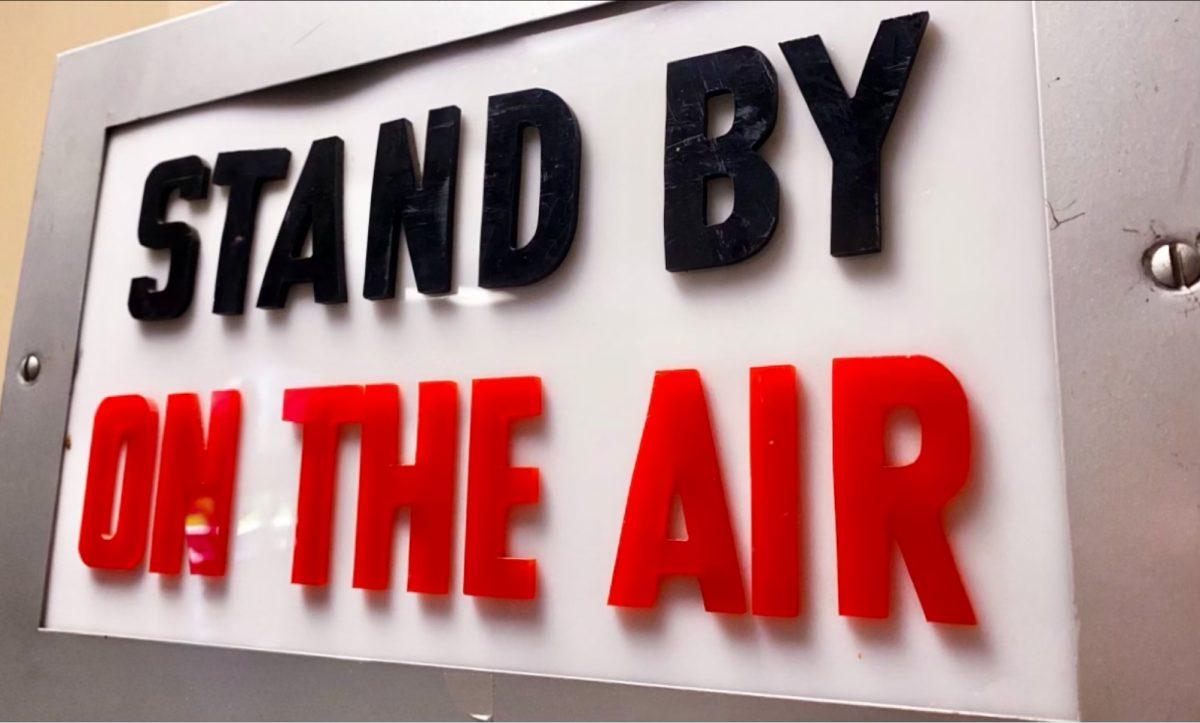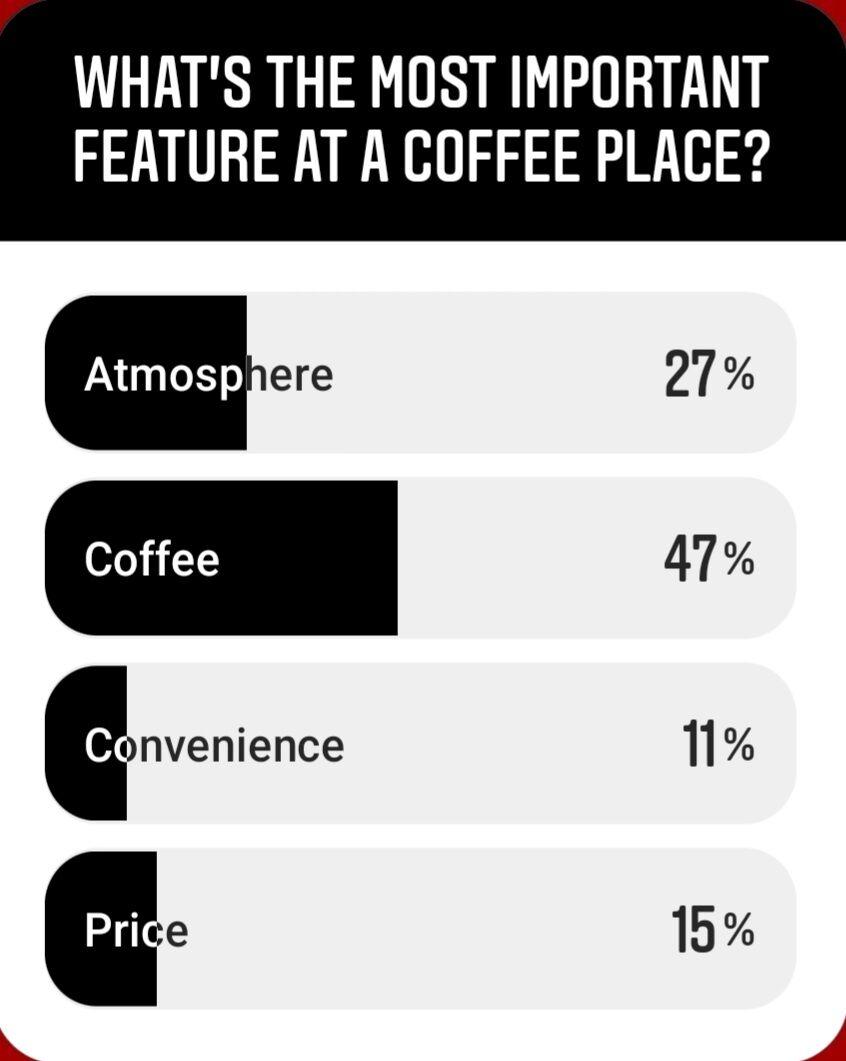The most wonderful time of the year can quickly turn into the most expensive time of the year.
Even with mail boxes full of can’t miss holiday deals, wallets begin to feel lighter and lighter around the holidays.
Like so many of us college students, you attend school full-time and have a part-time job that only covers rent and food.
Because your little brother has been bugging you for the new Call of Duty game and your significant other has been dropping gift hints since September, taking on a seasonal job starts to become tempting.
Before tackling on this new endeavor, consider the pros and cons of jobs dubbed as seasonal.
Pros.
- That new Call of Duty game isn’t going to pay for itself and its current price listing is right around $60. Maybe you aren’t looking to buy a video game as a gift, but buying gifts in general still adds up.
- Besides the obvious monetary benefit to taking on a seasonal job, adding a new work experience can help build your resume. This is especially true if your resume is bare and hasn’t been polished off in a while.
- In some cases, seasonal jobs turn into full-time employment. Woo-hoo!
- If nothing else, the seasonal job can be viewed as a paid internship opportunity. During your time at the job, pay close attention to the work culture, organization structure and policies.
Cons.
- Adding a seasonal job to a full-time job? You can expect your free time and social life to go out the door. Even if the seasonal job is your only job, expect your temporary employer to ask you to work full-time.
- It’s possible that your seasonal job will conflict with holiday parties and your holiday travel plans. Say good-bye to that family ski trip in Tahoe.
- Keep in mind that with seasonal employment, there is typically a set employment expiration date in place.
After weighing the pros and cons, you decide that a seasonal job is what’s going to work best for you. Great!
Here is a list of local, seasonal positions:
More seasonal positions can be found here.
Happy (seasonal) job hunting!






